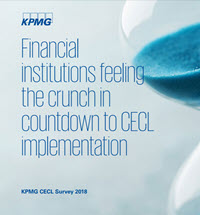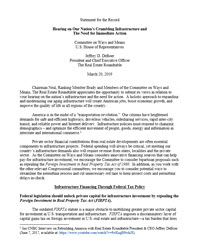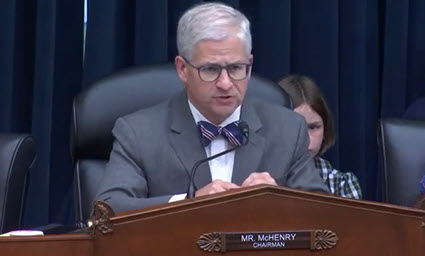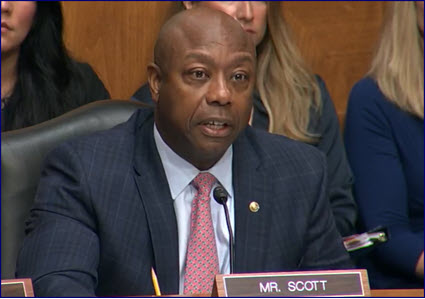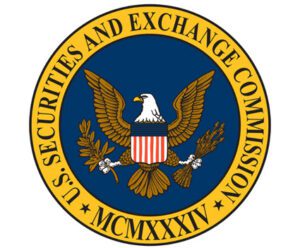This week The Real Estate Roundtable, along with 239 businesses and trade groups, wrote to Secretary Mnuchinurging the Treasury Department to provide taxpayers with administrative relief from a drafting mistake in last year’s tax overhaul that increased the cost recovery period for qualified improvement property (QIP).
|
This week, The Real Estate Roundtable, along with 239 businesses and trade groups, wrote to Secretary Mnuchin urging the Treasury Department to provide taxpayers with administrative relief from a drafting mistake in last year’s tax overhaul that increased the cost recovery period for qualified improvement property (QIP). |
- The drafting error in the tax law has resulted in a significantly longer 39-year cost recovery period for new, qualified nonresidential interior improvements. The intent of Congress was to allow the immediate expensing of QIP – or provide a 20-year recovery period in the case of taxpayers electing out of new limitations on the deductibility of business interest.
- In the Oct. 9 letter to Secretary Mnuchin, the coalition addressed the need for a QIP correction, along with the unintended consequences if action is not taken. The letter raised concerns that the drafting error is resulting in “[d]elays in store and restaurant remodeling projects,” “[b]usinesses refraining from purchasing or leasing vacant stores or other leasehold spaces that require improvements,” and “[l]oss of construction jobs associated with commercial renovation projects.”
- The coalition letter was sent in response to the Administration’s request for comments on newly proposed regulationsimplementing the additional first year depreciation deduction (immediate expensing) benefit. The coalition submission also included two recent letters—one from 16 Democratic Senators to Treasury Secretary Steven Mnuchin and the other from 58 House Republicans to GOP leadership—reiterating the importance for policymakers to correct this unintentional drafting mistake in last year’s legislation, while recommending that Treasury should issue interim guidance and refrain from enforcing the drafting error. (House Letter, Oct 2 and Senate Letter, Sept 24)
- The Real Estate Roundtable and a broad-based business coalition urged Secretary Mnuchin in August to issue guidance clarifying certain provisions included in tax overhaul legislation enacted last year – including the cost recovery period for qualified improvement property. (Coalition letter, Aug. 22)
Congress could address the issue during the lame duck congressional session between the mid-term election and January. Senate Republican Conference Chairman John Thune (R-SD) said GOP lawmakers are motivated to address a number of tax issues that are outstanding, including tax reform technical corrections and expired tax provisions. (The Hill, Oct. 11)

